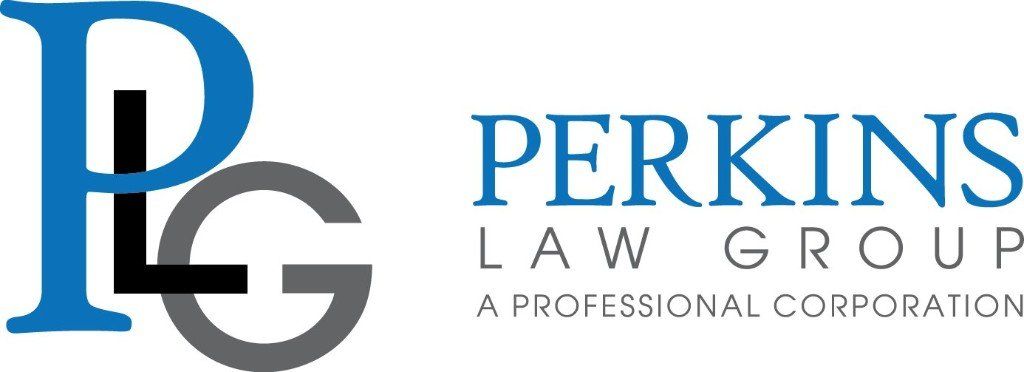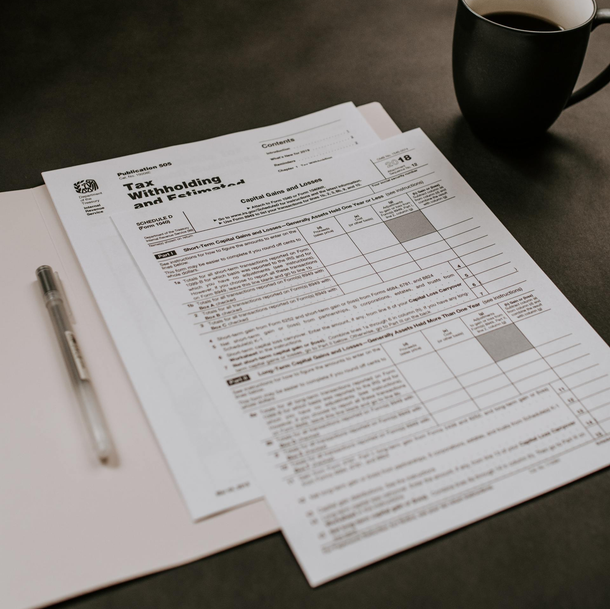
IRS OPR Investigation Defense
Your First Line of Defense
Trust us with your Internal Revenue Service Office of Professional Responsibility (OPR) Investigation defense

The IRS Office of Professional Responsibility (OPR) is exclusively charged with regulating tax professionals, including tax lawyers, CPAs, and Enrolled Agents, as well as others who may in a limited capacity appear before the IRS. OPR takes the position that persons who are not licensed CPAs, tax attorneys, or enrolled agents are also subject to the jurisdiction of OPR.
Circular 230 details a tax professional’s duties and obligations while representing taxpayers or otherwise practicing before the IRS. It authorizes specific sanctions for violations of any of the Circular’s requirements and restrictions and describes the procedures that apply to administrative disciplinary proceedings. Circular 230 seeks to ensure tax professionals possess the requisite character, reputation, qualifications, and competency to provide valuable service to clients in presenting their cases to the IRS.
In short, Circular 230 consists of the “rules of engagement” for tax practice. The fundamental issue in all Circular 230 disciplinary cases is the tax professional’s fitness to practice before the IRS. If a tax professional violates Circular 230, they may be subject to discipline including indefinite suspension or total and permanent prohibition from practice before the IRS. Under the regulations, practicing before the IRS includes but is not necessarily limited to:- Corresponding and communicating with the IRS;
- Representing a taxpayer at conferences, hearings, or meetings with the IRS;
- Preparing and filing documents with the IRS on behalf of a taxpayer;
- Rendering written advice with respect to any entity, transaction, plan or arrangement, or other plan or arrangement having a potential for tax avoidance or evasion.
While it is true that during this part of the evaluation process many cases are closed without the OPR issuing an allegation letter, that is not always the case. However, if the OPR determines that the case is actionable and that the evidence supports the issuance of an allegation letter or another type of letter, then the Enforcement Attorney will move the investigation forward and start the case, which can be difficult to navigate alone.
- Corresponding and communicating with the IRS;
- Representing a taxpayer at conferences, hearings, or meetings with the IRS;
- Preparing and filing documents with the IRS on behalf of a taxpayer;
- Rendering written advice with respect to any entity, transaction, plan or arrangement, or other plan or arrangement having a potential for tax avoidance or evasion.
While it is true that during this part of the evaluation process many cases are closed without the OPR issuing an allegation letter, that is not always the case. However, if the OPR determines that the case is actionable and that the evidence supports the issuance of an allegation letter or another type of letter, then the Enforcement Attorney will move the investigation forward and start the case, which can be difficult to navigate alone.

An OPR Suspension or disbarment can be devastating to a professional and may result in a substantial - if not complete - loss of livelihood for a tax accountant, tax lawyer or tax preparer.
To make matters worse, it may also result in notice being sent to state bar associations and accountancy licensing boards. This could result in the loss of the ability to practice law or accounting entirely, not just tax law or tax accounting.
For these reasons, it is critical to mount a rigorous and immediate defense to any OPR allegations of misconduct. We can help. Contact us today.
